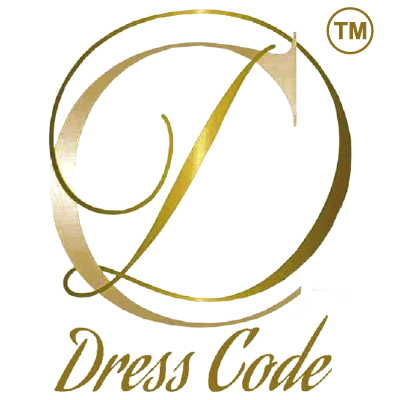By Dress Code
“Suppliers and especially manufacturers have market power because they have information about a product or a service that the customer does not and cannot have, and does not need if he can trust the brand. This explains the profitability of brands.”
~ Peter Drucker
Choosing the best clothing manufacturer can be a daunting task, in terms of effective production methods and brand identity, for your upcoming collections.
Your mind will think about the following questions:
- If the budgets are small frequency and the number of orders would be fluctuating
- orders will frequently be placed in fewer quantities than clothing that is mass-produced.
- A qualified clothes manufacturer who can handle small runs is crucial for ensuring high-quality clothing is required.
Therefore, before looking at clothing manufacturer possibilities, it is essential to have a broad brand strategy. In light of this, let’s list the 5 important things that you should keep in mind while choosing the right clothing manufacturer for your next project.
- Establish the minimum order quantity (MOQ)
Naturally, you will want to make short runs for your fashion brand as a designer or small business. You can attain a lower production level to more effectively manage expenses by looking into garment manufacturers who provide lower minimum order quantities.
How garment manufacturers prioritize their customers is another facet of small-run production to think about since, depending on how their production process is set up, you can discover that having fewer orders puts you at the back of the line. Be sure to confirm when inquiring since this may also impact sampling and lead times.
At DressCode, we will carefully review your tech packs and discuss the various kinds and colours of leather and cloth that will enable us to put your thoughts on paper and make them come to life.
After that, we create a mock (in a different fabric) for your review and approval of the styling and fit, without any conditions w.r.t to minimum order quantity.
- Describe any limitations or production capacities.
Some clothing producers can only make a small number of styles or patterns in larger volumes for fashion firms who need smaller runs. If so, it can limit the kinds of goods you offer and force you to make compromises on the kinds of clothes you produce.
Choose a clothing manufacturer which does not have any conditions that hamper your creative experiments for the well-curated designs at the end of the day!!
- Think about the manufacturing process
Working with a garment factory that can assist you at every stage of the process is a great resource if you have little to no experience in the apparel sector and will make production simple and uncomplicated.
Full Package Production (FPP) can be costly, though, and for budding designers, this may affect the selling price of your product since you must factor in production costs.
- Maintain a reasonable budget.
Private label manufacturers will be aware of the financial limitations faced by small firms, but contacting a clothes factory with a tight budget and lofty goals won’t benefit either party. You must provide an apparel producer with a reasonable budget so they may define a scope of work to have a solid working relationship.
For smaller batches, however, a few defective items will reduce your revenues and the quality of the final product. Setting up a budget that takes these possibilities into account can help you control expectations, and making sure you give the right information—such as a Tech Pack for production—will help prevent misunderstandings.
- Does clothes manufacturing uphold the values of your company?
Brand ethics has shifted in recent years
- to place a greater emphasis on openness,
- taking sustainability into account
- being transparent about the production process, and
- assuring your customers that the people who manufacture your clothing are treated decently.
Check the factory’s credentials to see if it has any “green” certificates, how they obtain their textiles, their labourpractices, and the actions they take to lessen their carbon footprint.
At DressCode, we collaborate with GOTS-certified fabric mills that use organic production methods and have passed safety tests for human use.
We do not engage in forced labour tactics, added to that we have sufficient space between workstations, no exposed electrical wires or sockets, and steel-mesh safety equipment.
Worry not, we at DressCodewith more than a decade of experience in the market, uphold the principles of high-quality goods, reasonable prices, and excellent craftsmanship.
We will manage every step of the supply chain, including finding materials and trimmings, making samples, producing large quantities of clothes, packaging, performing quality control checks, and scheduling delivery of the goods for you.
Contact us for further details!!


